- AdventHealth

This designation recognizes hospital emergency departments that provide excellent care for aging adults. Led by a team of interdisciplinary leaders, including David Saunders, MD, and Director of Emergency Services Cindy Hoggard, MBA/HCM, BSN, CEN, AdventHealth Redmond’s accreditation demonstrates the emergency department’s focus on the highest standards of care for older adults in Northwest Georgia.
The GEDA program is the culmination of years of progress in emergency care of older adults. In 2014, ACEP, along with Society for Academic Emergency Medicine, Emergency Nurses Association and American Geriatrics Society, developed and released geriatric ED guidelines, recommending measures ranging from adding geriatric-friendly equipment to specialized staff to more routine screening for delirium, dementia and fall risk, among other vulnerabilities.
To achieve this accreditation, AdventHealth Redmond staff focused on standardizing approaches to care for commonly seen geriatric concerns. Dr. Saunders said geriatric patients who enter the emergency department are out of their own comfort zone or environment, and it’s critical for the care team to recognize and care for geriatric patients differently. This might include making sure patients are hydrated and fed, understanding their social environments and supports at home, helping the patients with mobility aids and fall prevention and conducting cognitive screenings for dementia or delirium.

“We've recognized that much of our population is fairly advanced in age in general so our focus as a department is taking care of our patients to the best of our ability by getting certified for the exceptional care that we already provide,” said Dr. Saunders.
The voluntary GEDA program, which includes three levels similar to trauma center designations, provides specific criteria and goals for emergency clinicians and administrators to target. The accreditation process provides more than two dozen best practices for geriatric care, and the level of GEDA accreditation achieved depends upon how many of these best practices an emergency department is able to meet. A Level 3 emergency department incorporates many of these best practices, along with providing inter-disciplinary geriatric education, and having geriatric appropriate equipment and supplies available to care for older patients.
Choose the health content that’s right for you, and get it delivered right in your inbox.
Recent News

AdventHealth named among U.S. News & World Report’s fifth annual 2026 Best Hospitals for Maternity Care
This marks the third year in a row AdventHealth Shawnee Mission has appeared on the U.S. News & World Report’s list of Best Hospitals for Maternity Care.

AdventHealth Waterman strengthens access to expert specialty care with expansion of Mount Dora medical plaza
Second floor buildout adds orthopedics, sports medicine, women’s health and heart care for Lake County
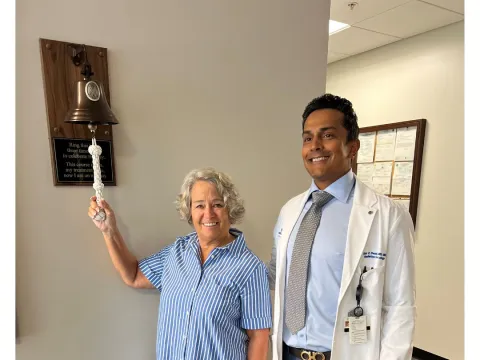
Expanding hope through innovation: AdventHealth advances cancer care across East Florida
Cancer touches nearly every family, and in Flagler, Lake and Volusia counties, the demand for timely, advanced care keeps rising. AdventHealth’s East Florida Division, which includes seven hospitals...
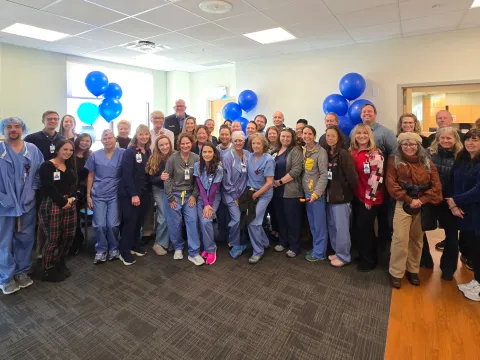
A new chapter begins: AdventHealth Avista opens its on-campus surgery center
This milestone marks a meaningful new chapter for a team whose history stretches back more than two decades.

AdventHealth Porter Performs Rare, Complex Robotic Kidney Cancer Surgery
AdventHealth Porter has reached an extraordinary milestone in surgical innovation, completing what is believed to be the first robotic left radical nephrectomy with inferior vena cava (IVC)...
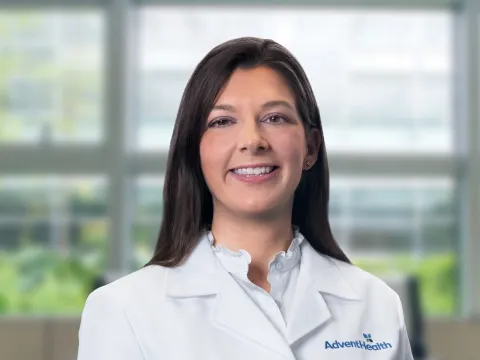
Amanda Robinson, DO, joins AdventHealth Medical Group Family Medicine, Internal Medicine & Pediatrics at Curtis Parkway
AdventHealth is pleased to announce that Amanda Robinson, DO, has joined AdventHealth Medical Group Family Medicine, Internal Medicine & Pediatrics at Curtis Parkway.

New hospital brings world-class, whole-person care to Minneola
AdventHealth Minneola will bring nationally recognized care close to home in South Lake County.
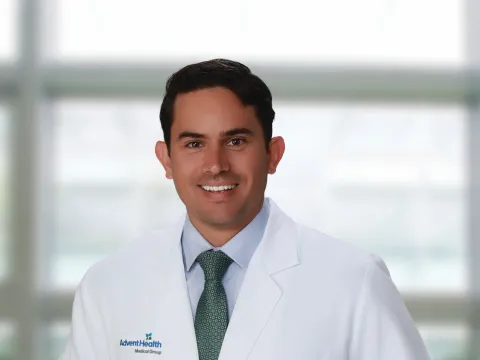
New surgeon expands local access to advanced colorectal care in Volusia County
Dr. Mark Heimberger joins AdventHealth as part of its continued investment in bringing minimally invasive and robotic colorectal treatment options to the region’s growing community.
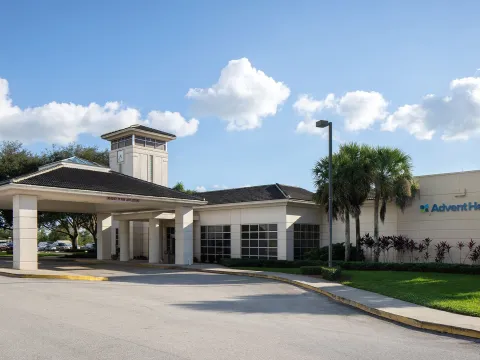
AdventHealth Lake Placid launches Low Dose Lung Screening CT program to help detect cancer early
AdventHealth Lake Placid has launched a new Low Dose Lung Screening CT program, bringing this life-saving service closer to home for people who live in and around Lake Placid.

Delivering on the mission: AdventHealth Supply Chain and Business Services' impact is part of every patient story
Every day, more than 1,500 Supply Chain and Business Services team members work behind the scenes with more than 3,000 suppliers to support how AdventHealth patients receive care.
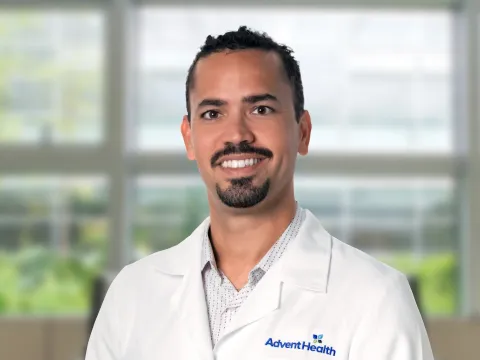
Albit Paoli, MD joins AdventHealth Medical Group Orthopedics & Sports Medicine
AdventHealth is pleased to announce that Albit Paoli, MD, has joined AdventHealth Medical Group Orthopedics & Sports Medicine at Calhoun and AdventHealth Medical Group Orthopedics & Sports Medicine at...
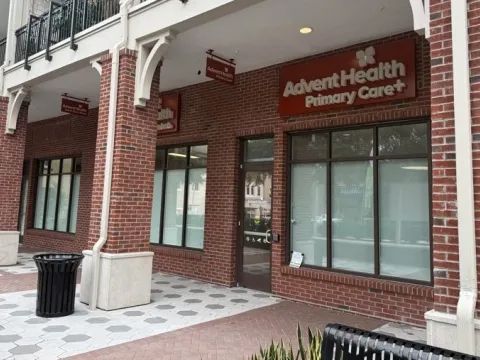
AdventHealth expands access to primary care in the heart of DeLand
AdventHealth has opened a new Primary Care+ location in the heart of downtown DeLand, giving residents a simple way to get everyday care close to where life happens. The primary care practice offers...
